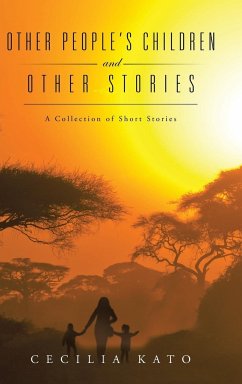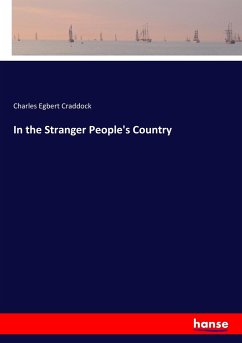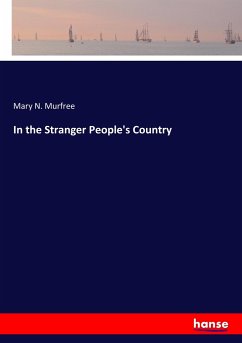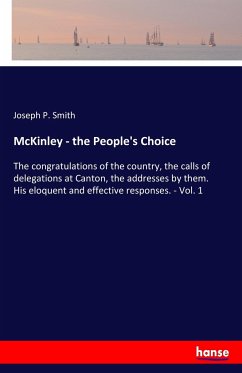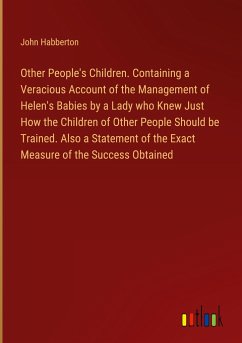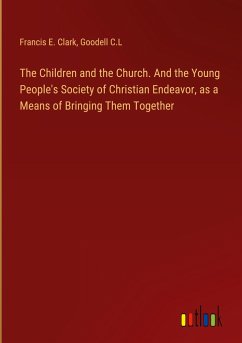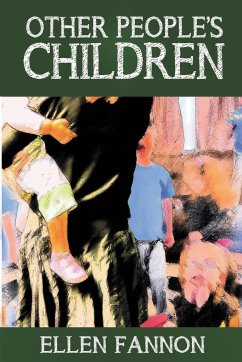The Nigerian Civil War left behind unsung heroes-women and children. Some of them had befriended soldiers to ensure the survival of their families. These children and others born out of wedlock constitute a community of people who have identity crises rocking their lives. Also, veterans of the war, abandoned by the authorities, were left as ordinary individuals to contend with the war's destructive impact. This is the focus of the title story, "Other People's Children." "Homeless" captures the helplessness of isolated communities that are ill-prepared to battle the insurgency in northern Nigeria. "Habiba's Triumph" tells of the phenomenon of forced marriages, even in literate families. Literacy, however, offers a victim the freedom of choice, which people of previous generations did not enjoy. "Broken Lives" exposes the pain of broken relationships on college campuses. While a young man walks away unscathed to enter another relationship, a young woman is left to nurse the wounds for a lifetime. "The People's Court" is a reflection of people's rush to Nigeria's capital city, Abuja, in search of greener pastures. Some leave home only to compete with rodents in settlements that are constantly demolished without adequate notice or compensation by the authorities so as to ensure conformity to the city's master plan.
Hinweis: Dieser Artikel kann nur an eine deutsche Lieferadresse ausgeliefert werden.
Hinweis: Dieser Artikel kann nur an eine deutsche Lieferadresse ausgeliefert werden.

